The West: Electoral district 138
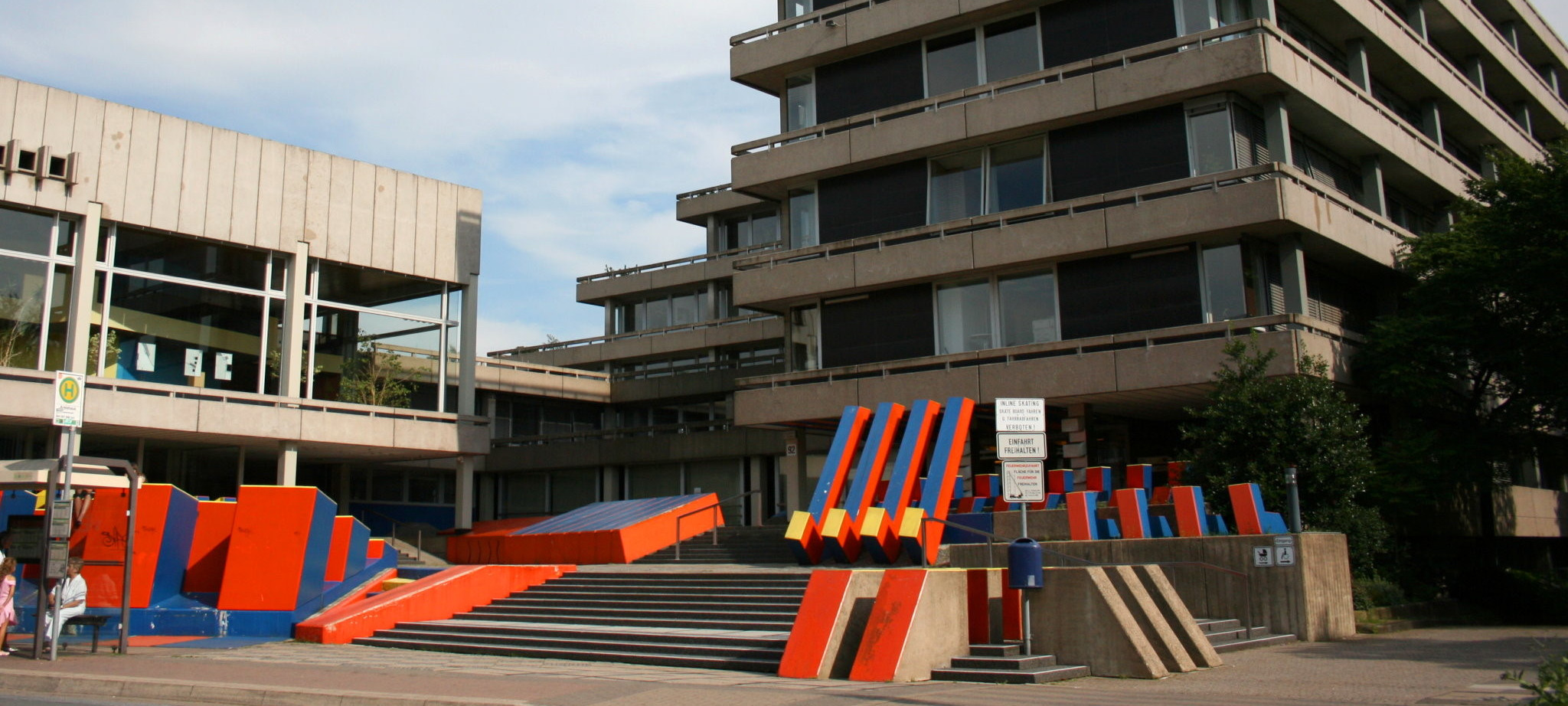
"Tach auch!"
The electoral district Hagen - Ennepe-Ruhr-Kreis I consists of the city of Hagen and the cities of Breckerfeld, Gevelsberg, Schwelm and Ennepetal from the Ennepe-Ruhr-Kreis. For a long time, the electoral district consisted only of the city of Hagen. Due to declining population figures, part of the Ennepe-Ruhr district was assigned to the electoral district in 2002. Since 1961, the electoral district has always been won by SPD candidates.
The electoral district is located in the geographical heart of North Rhine-Westphalia. It lies in the extreme southeast of the Ruhr region and borders on the Bergisches Land region and the Sauerland region. Hagen, the electoral district's largest city, is known for being home to Germany's only state-recognized distance-learning university.
Über den Wahlkreis

people live in Hagen – Ennepe-Ruhr-Kreis I
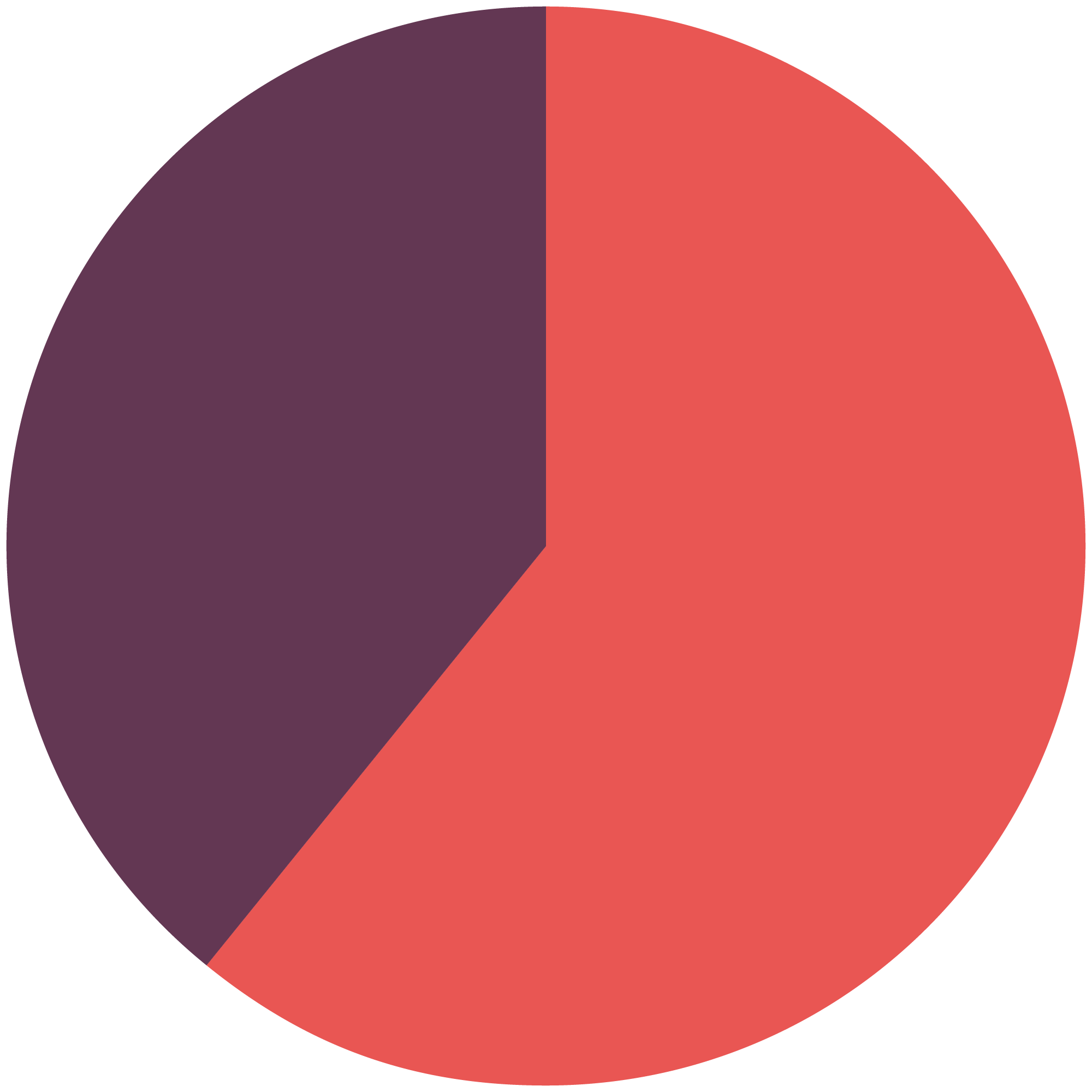
of them are eligible to vote
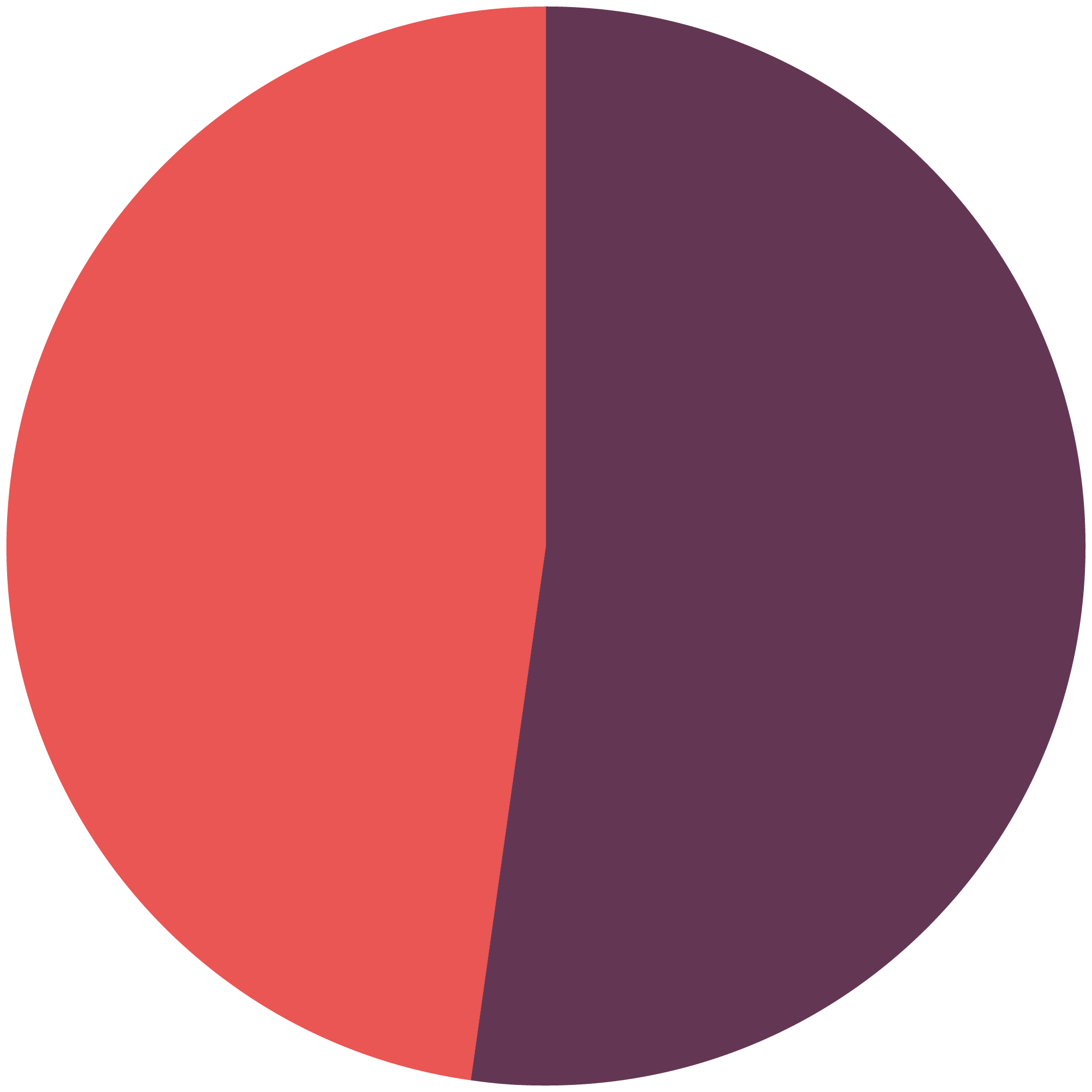
voted in the 2021 federal election
Results of the 2021 federal election (second votes)
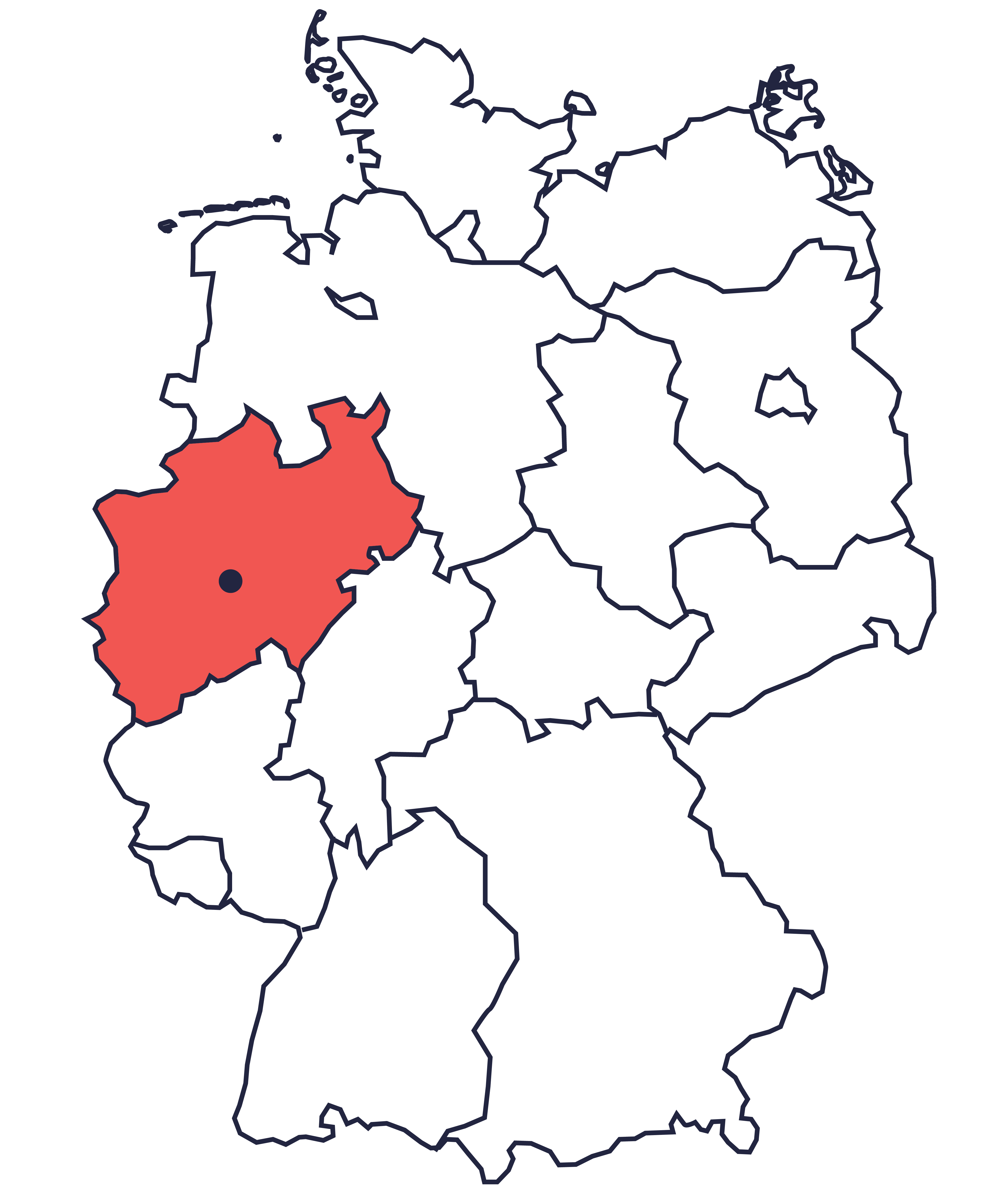
Hagen – Ennepe-Ruhr-Kreis I is located in the federal state Nordrhein-Westfalen
For this electoral district in the Bundestag

Timo Schisanowski
(SPD)
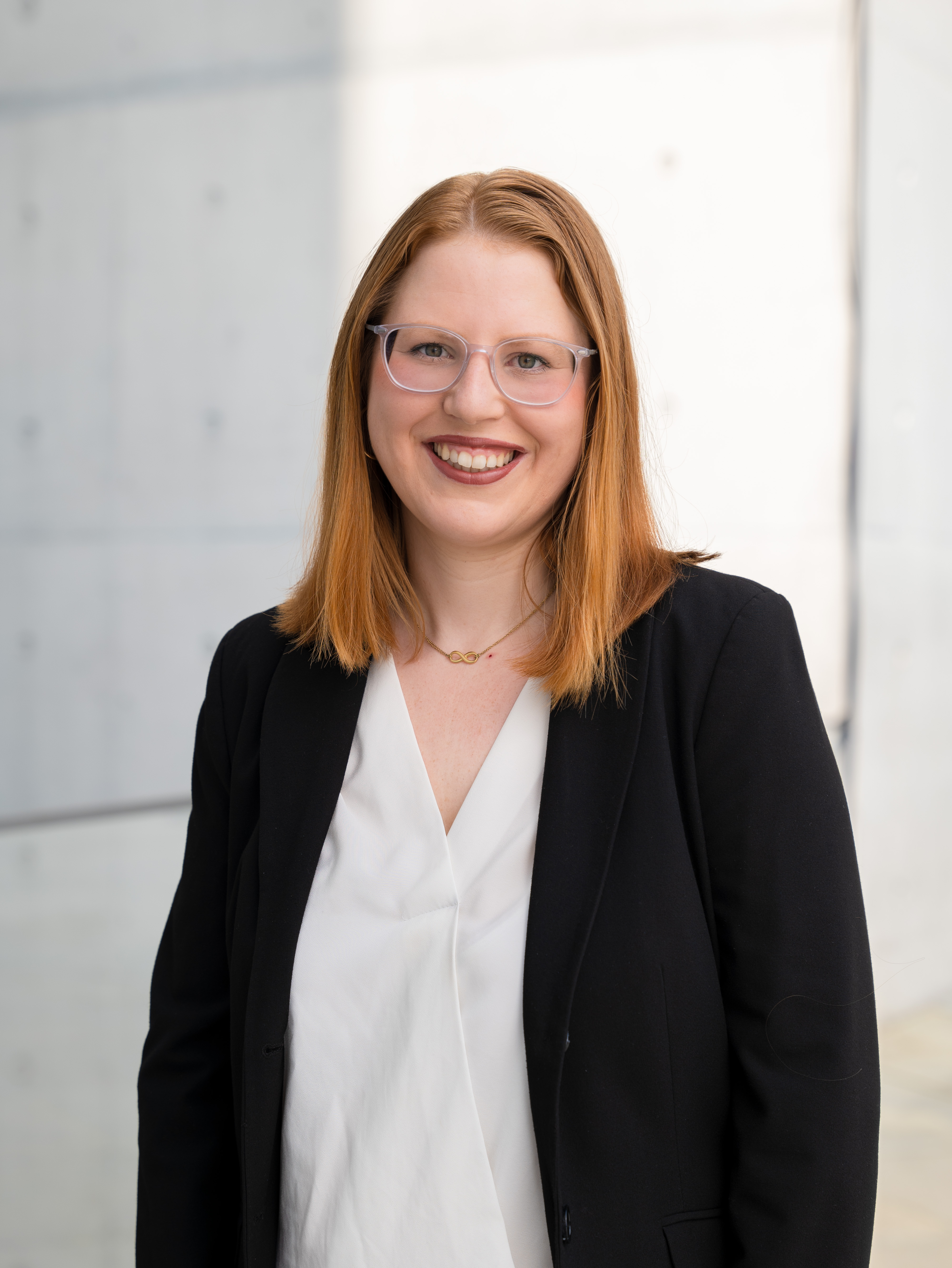
Katrin Helling-Plahr
(FDP)

Dr. Janosch Dahmen
(Bündnis 90/Die Grünen)
Frequently asked questions
Electoral district 138, Hagen – Ennepe-Ruhr-Kreis I, is one of six electoral districts we selected for the Hallo Bundestag project. For the project, it is important that the six electoral districts reflect the diversity of the 299 electoral districts in Germany. To do this, we had to pick a combination of electoral districts. So the fact that electoral district 138 is included has to do with the overall selection.
To ensure that all regions of Germany are represented in the Bundestag, it is not the parties alone that determine who is elected. Instead, the country is divided into 299 electoral districts. In each of these electoral districts, people can stand as direct candidates for the Bundestag. The person who receives the most so-called first votes in the Electoral District in the Bundestag election is elected to the Bundestag.
In addition to the direct deputies who were elected in the electoral district, there are also deputies in the Bundestag who were elected via a list position. But these deputies also live in one of the 299 electoral districts. So in an electoral district there is always at least one MP who was elected directly and then, depending on the electoral district, other MPs who were elected via the list, but who also come from the corresponding electoral district.
The aim of our Electoral District Days is to give members of parliament as good a picture as possible of what people in their electoral district think, what concerns them, and what their attitudes and opinions are on issues relevant to politics. Since we cannot bring all 300,000 inhabitants of an electoral district into conversation with the MPs, we have to make a selection. Random selection ensures that everyone in the electoral district has an equal chance of being selected. In addition, random selection also better reflects the characteristics of the population in a smaller group than if we were to ask, for example, "Who would like to participate?"
The other electoral districts
The north: Electoral district 1
The East: Electoral district 193
The South: Electoral district 246
East Berlin: Electoral district 83
Westberlin: Wahlkreis 79

